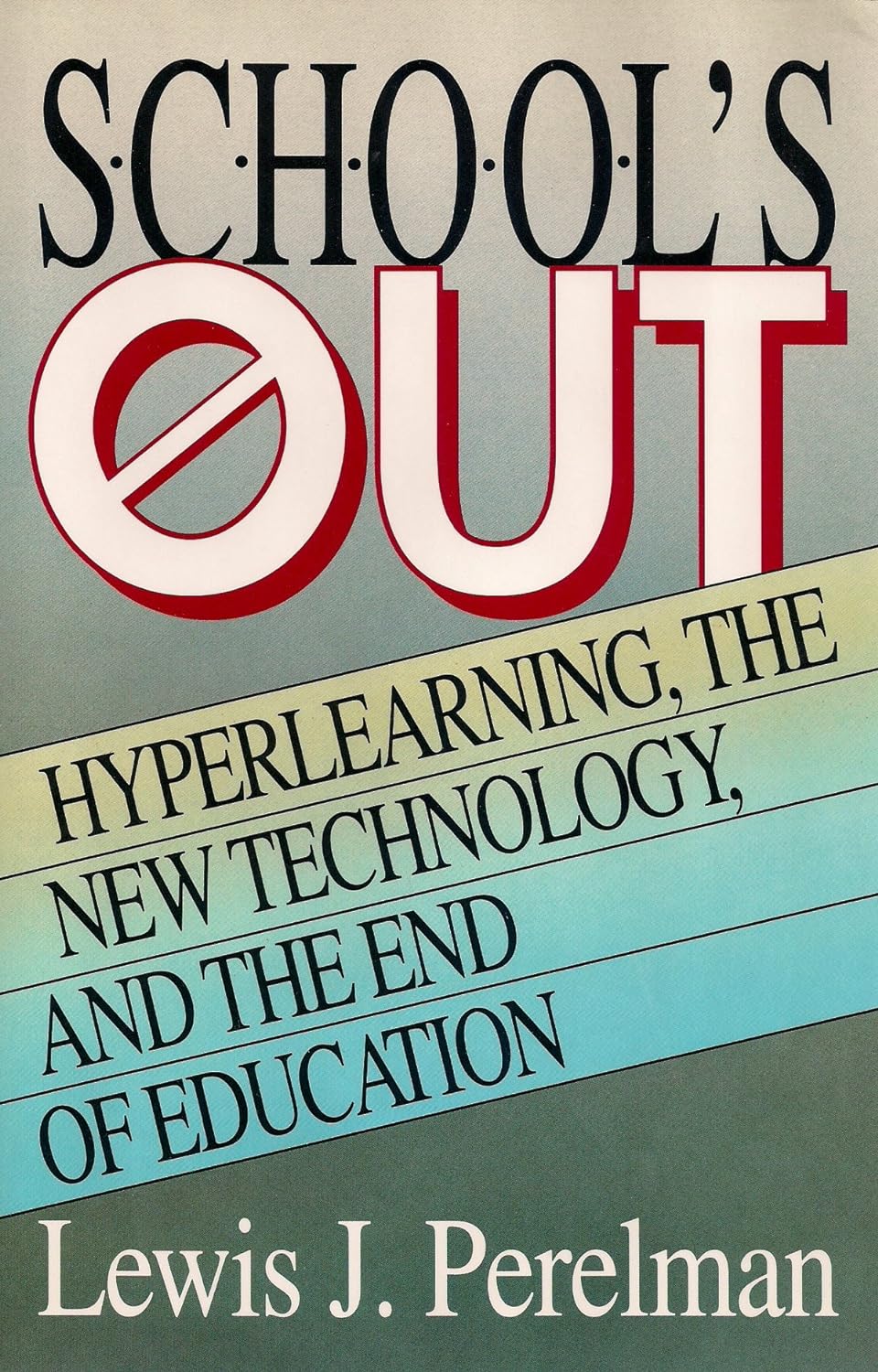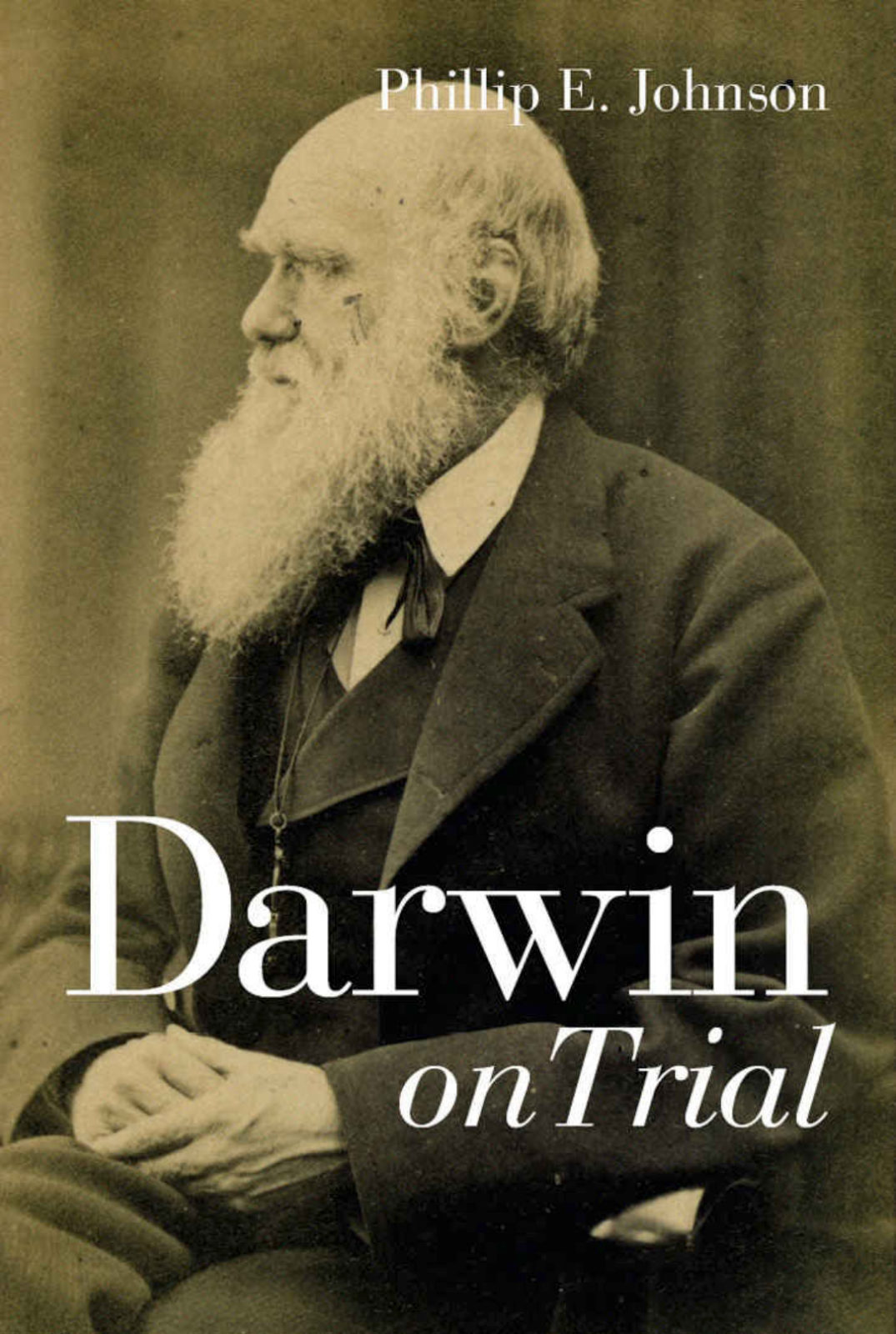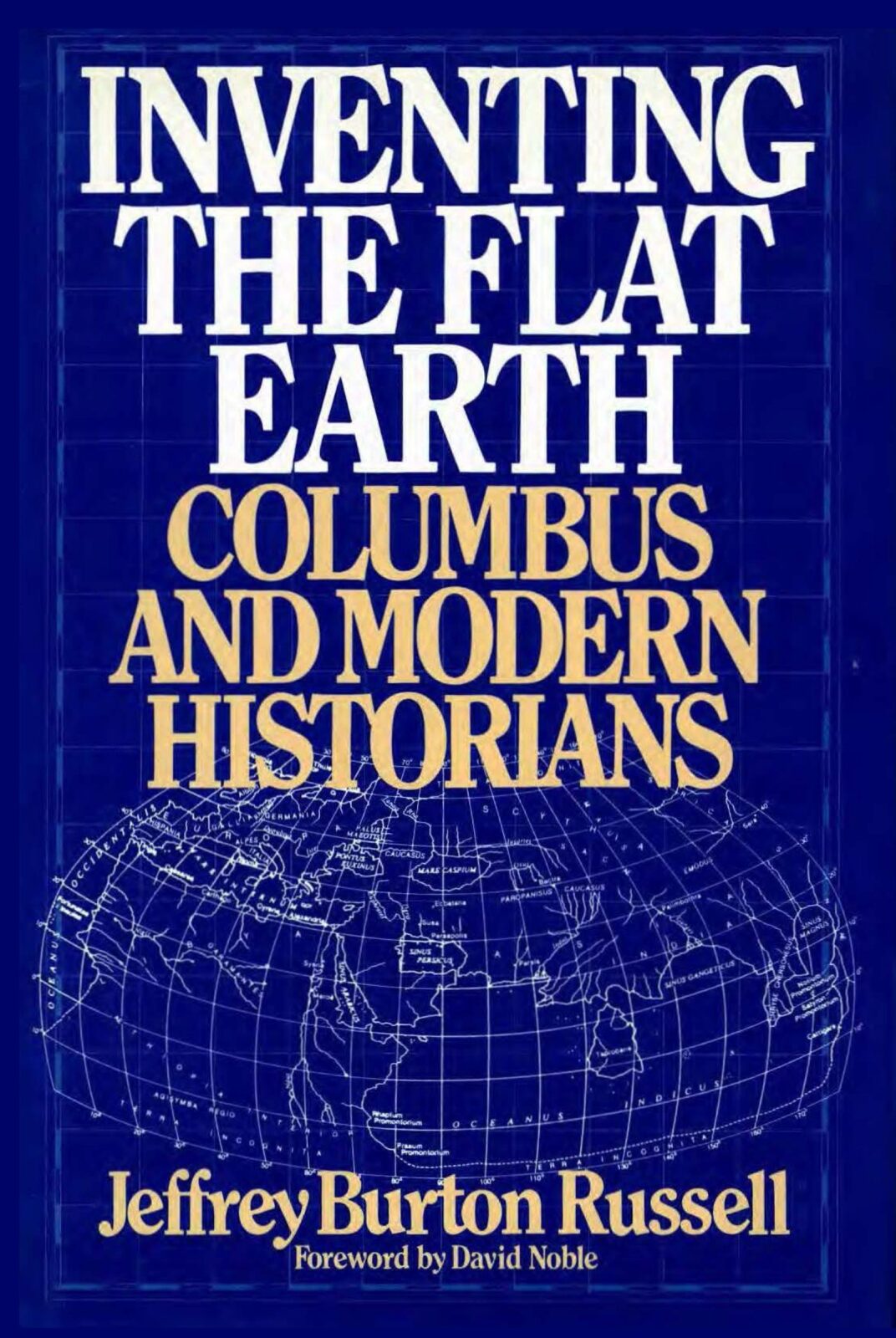Into the Fibersphere
In a world of dumb terminals and telephones, networks had to be smart. But in a world of smart terminals, networks have to be dumb. Philip Hope, divisional vice president for engineering systems of EDS, has an IQ problem. His chief client and owner, General Motors, wants to interconnect thousands of 3-D graphics and computer aided engineering (CAE) workstations with Read More ›





